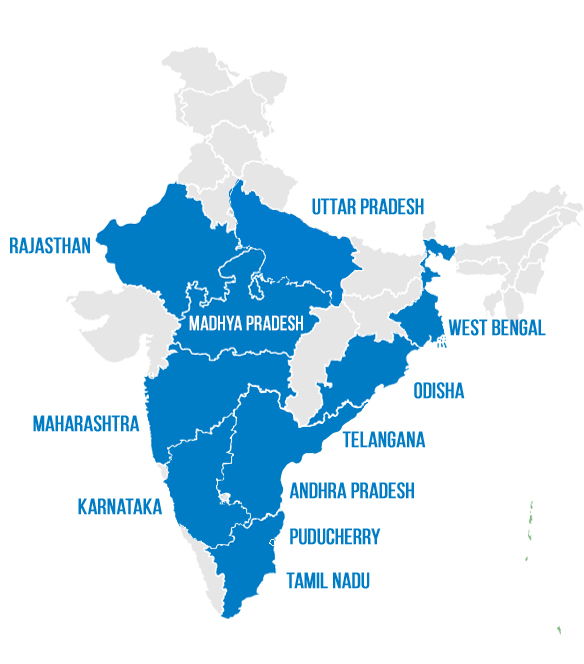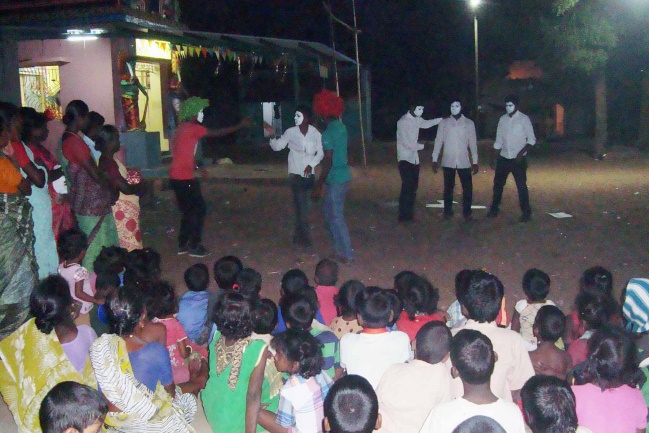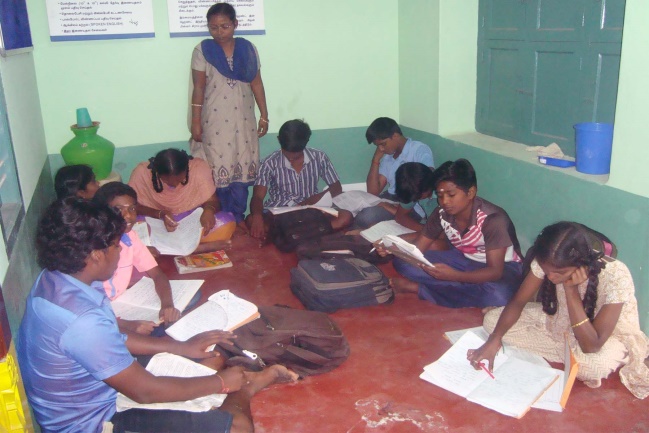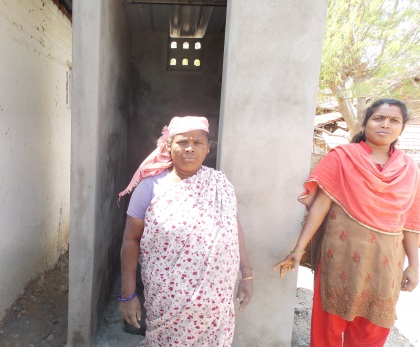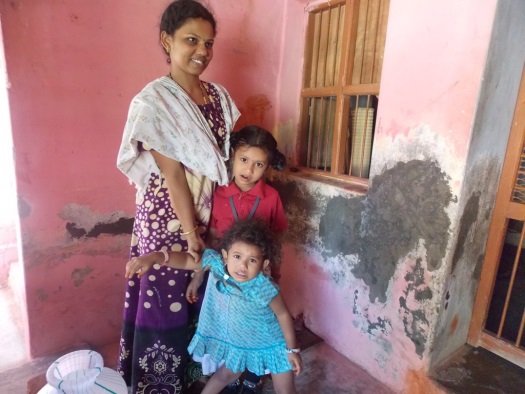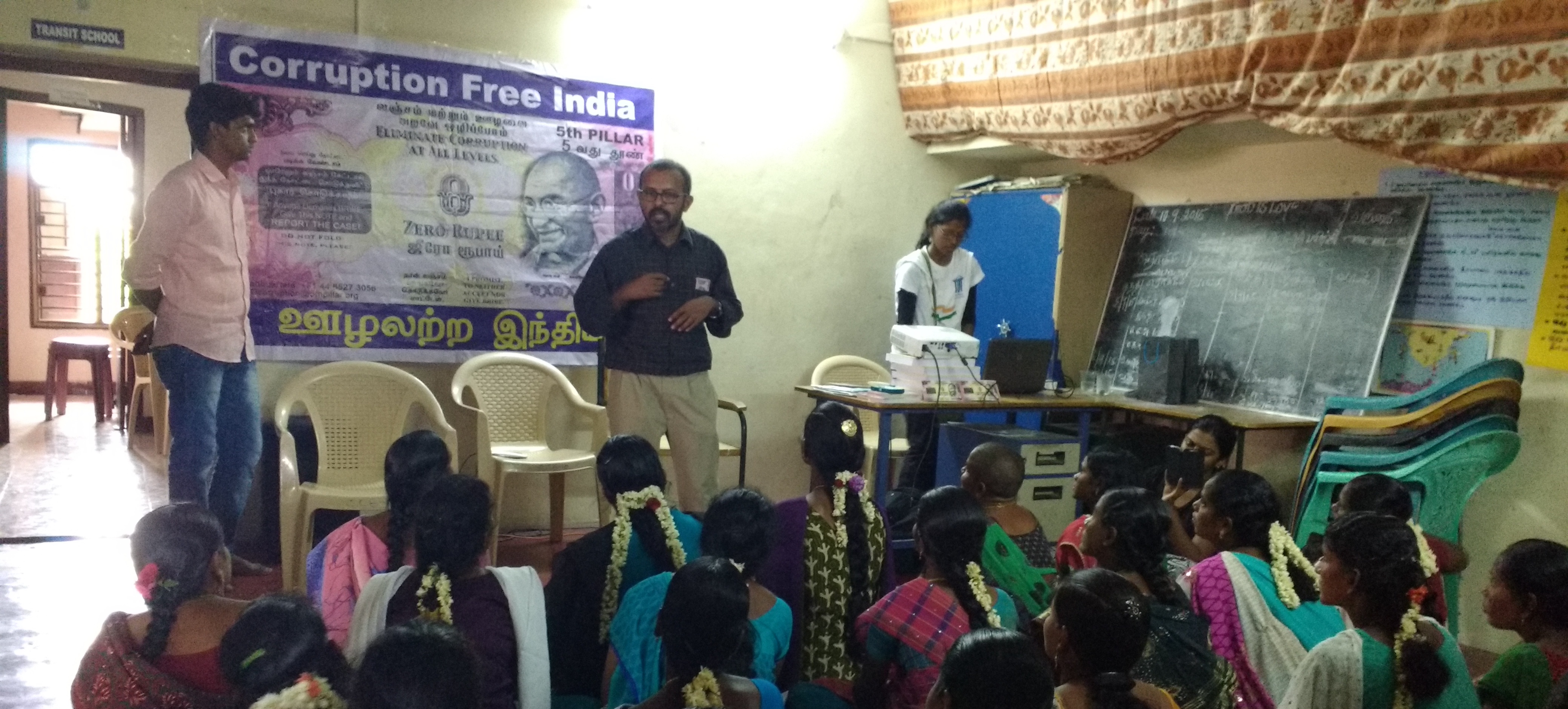
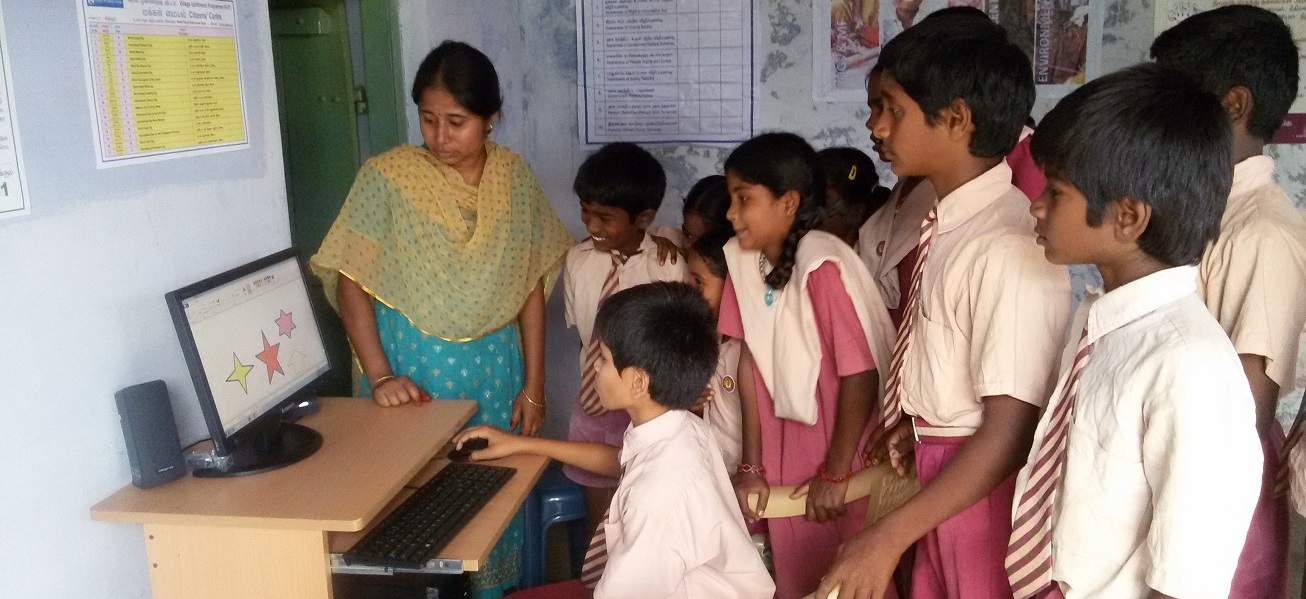
The Citizen Centre serves the twin purpose of creating a revenue generating enterprise and as a hub for the local community to spread awareness on rights and governance. Technology Centres are built around the concept of improving access to information and communication which are pivotal for the economic and social empowerment of the underprivileged in rural India. The social component of this initiative focuses on promoting grass-roots level democracy in villages.
Each Citizen Centre is equipped with computers to train the local population primarily adolescent boys and girls by charging a nominal fee; providing related services of photocopy, scanning, photography; library for dissemination of knowledge and government forms to promote governance and citizen’s rights to access the various Government welfare schemes. Additionally, the Centres are used as forums for conducting meetings, counselling sessions, discussions and deliberations on issues of local importance.
The objective of Citizens’ Centres is to mould select SHG members and train them in the digital medium. A couple of select entrepreneurs are handpicked from the Self-Help Groups and provided with credit at an affordable rate to purchase a computer, printer and other accessories. Following this the members are provided with requisite training on the working of CCs, basic computer skills, hardware training, business-orientation training and basic e-services training. The centres are run by local youth who are paid an honorarium for their services.
Another salient feature the Citizens’ Centres is the community volunteer groups called Good Governance Rights Protection Committees (GGRPCs). The GGRPCs spearhead the integrated development of the village by organising awareness camps on government schemes and how to avail them.
